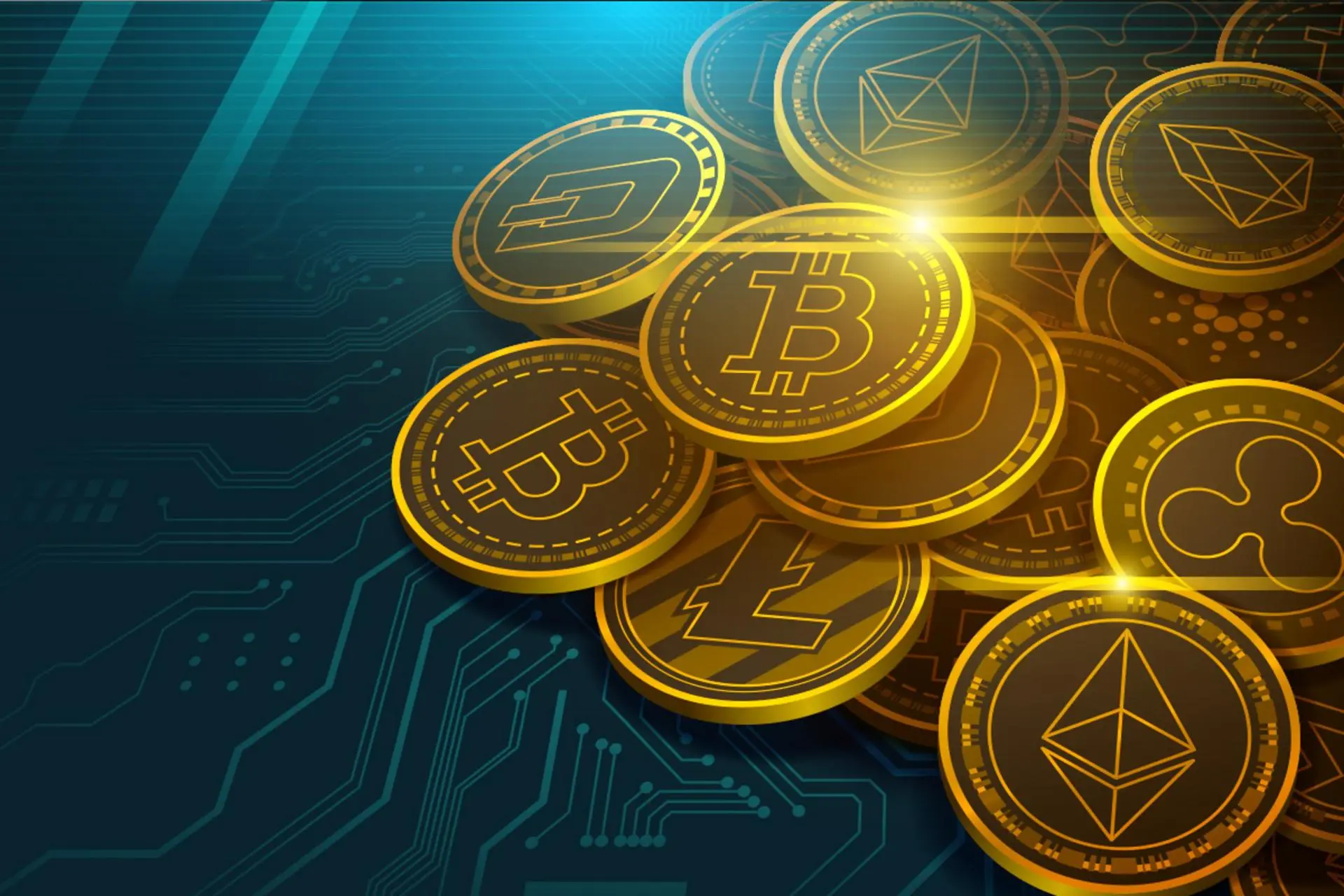Crypto Payments in Thailand – FAQ for Business Owners in 2025
As crypto adoption picks up globally, more Thai business owners are wondering: should I start accepting digital currencies like Bitcoin, USDT, or Ethereum? This FAQ breaks down what you need to know—no fluff, just practical answers to real questions Thai businesses are asking about Crypto Payments Thailand in 2025.
1. Crypto Payments Thailand: Are Thai businesses really accepting crypto payments now?
Yes—more than you might think. In places like Chiang Mai, Phuket, and even parts of Bangkok, cafés, boutique hotels, tour operators, and even some dental clinics have started accepting crypto payments.
It’s not widespread across all industries yet, but adoption is clearly growing, especially in areas with international customers or digital nomads.

2. What types of crypto are being used?
The most common include:
- USDT (Tether) – often favored for price stability
- BTC (Bitcoin) – still popular for brand recognition
- ETH (Ethereum) – used by more tech-savvy users
- A few even accept altcoins depending on their customer base
Most payments are done using mobile wallets and QR code scans. No fancy hardware required.
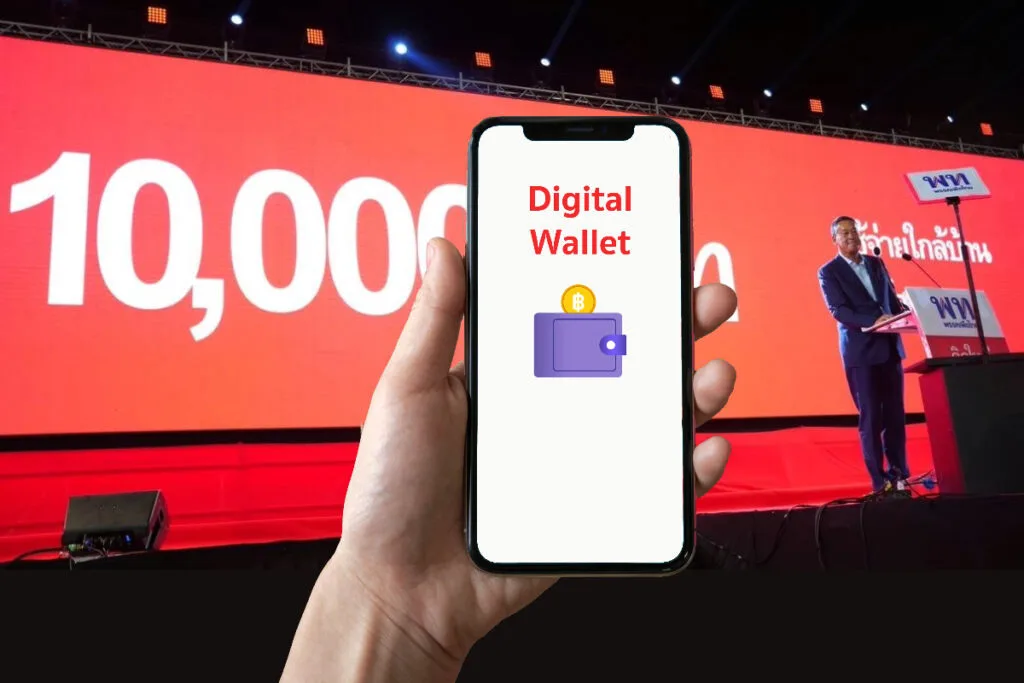
Credit from : Khaosod English
3. Is it legal to accept crypto in Thailand?
Yes, but with important conditions.
Thai businesses can accept crypto as a payment method, provided:
- Prices are listed in Thai baht
- The crypto value is converted to THB at the time of transaction for accounting
- All payments are properly documented and reported
- Businesses avoid promoting crypto as an investment or speculation
The Thai SEC and Revenue Department allow payment use, but discourage marketing crypto as currency or asset speculation without proper licensing.
4. How do I get started as a small business?
There are two simple routes:
1. Manual wallet-to-wallet payments
You open a crypto wallet, display a QR code, and your customer sends the crypto. You check the receipt—done.
2. Crypto payment platforms or POS systems
These services help automate currency conversion, transaction tracking, and compliance. Some even instantly convert crypto to Thai baht to avoid volatility.
Popular tools used by Thai businesses include Binance Pay (where available), Bitkub Next integrations, or smaller local POS solutions.
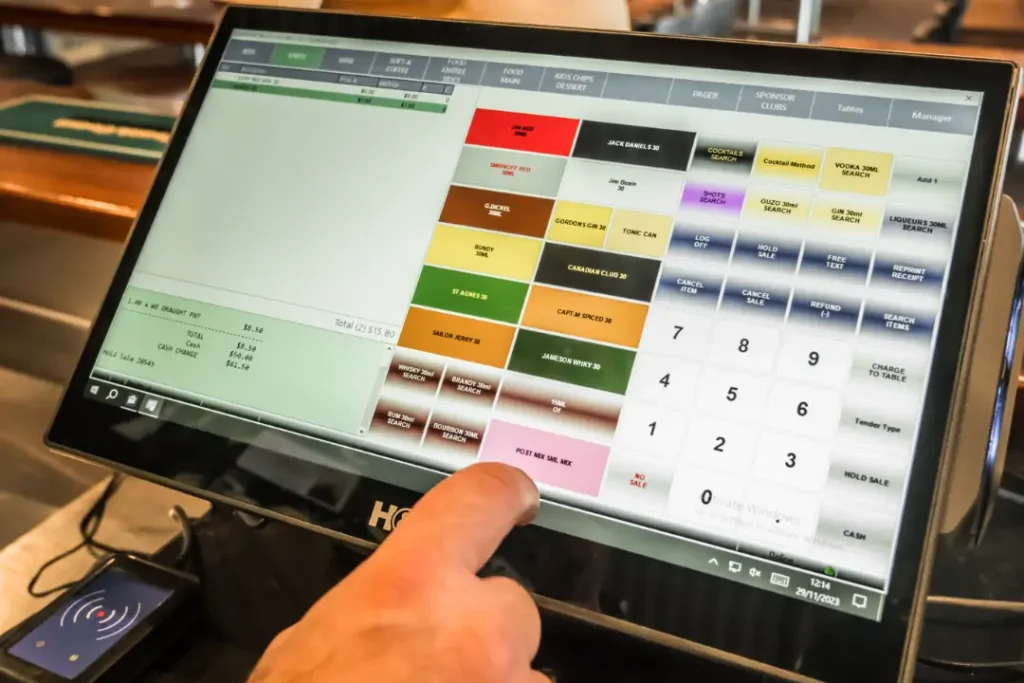
5. Why are businesses accepting crypto at all?
There are a few reasons:
- Lower fees (in some cases) compared to credit cards
- Faster cross-border payments—especially for tourists
- Ability to attract a more tech-savvy, international clientele
- Marketing appeal—accepting crypto can still stand out in 2025
One Phuket bar owner put it this way:
“I’m not in love with Bitcoin, but my customers want to use it. So why not?”
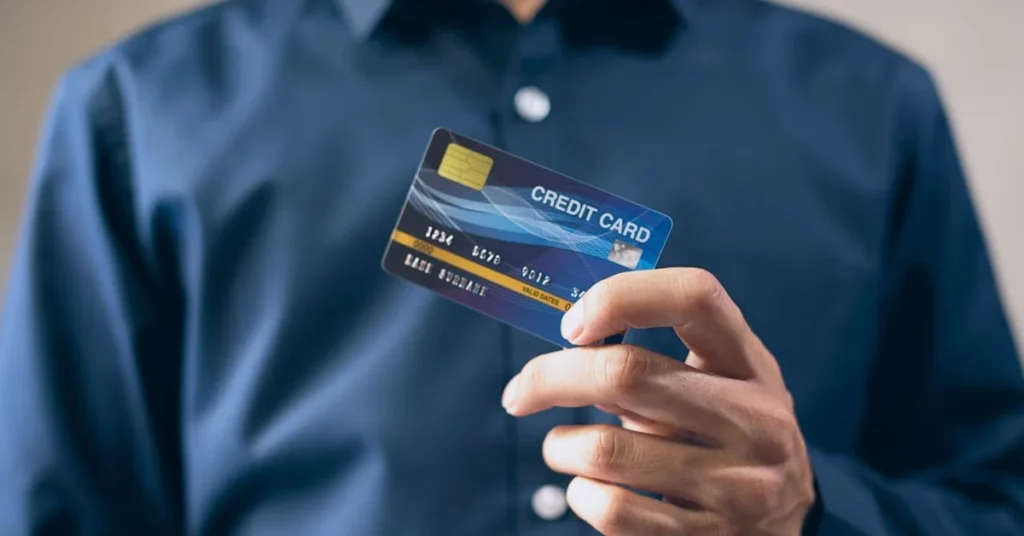
6. What are the risks?
Like any payment method, crypto has trade-offs:
- Price volatility (unless using stablecoins or converting immediately)
- Scams and wallet address errors (which are hard to reverse)
- Regulatory uncertainty—while it’s legal now, changes could come
- Limited adoption—you may go days or weeks without a single crypto transaction
That said, businesses using crypto regularly often report that users tend to spend more per visit.
7. What does a real crypto payment look like?
It’s often simple:
- Customer scans your wallet QR code
- They send, say, 300 USDT
- You verify the funds hit your wallet
- Transaction complete
In some cases, the business may send a receipt or use a third-party app to generate a transaction history.
It’s not much different from accepting PromptPay—just a different app and a little more setup at first.
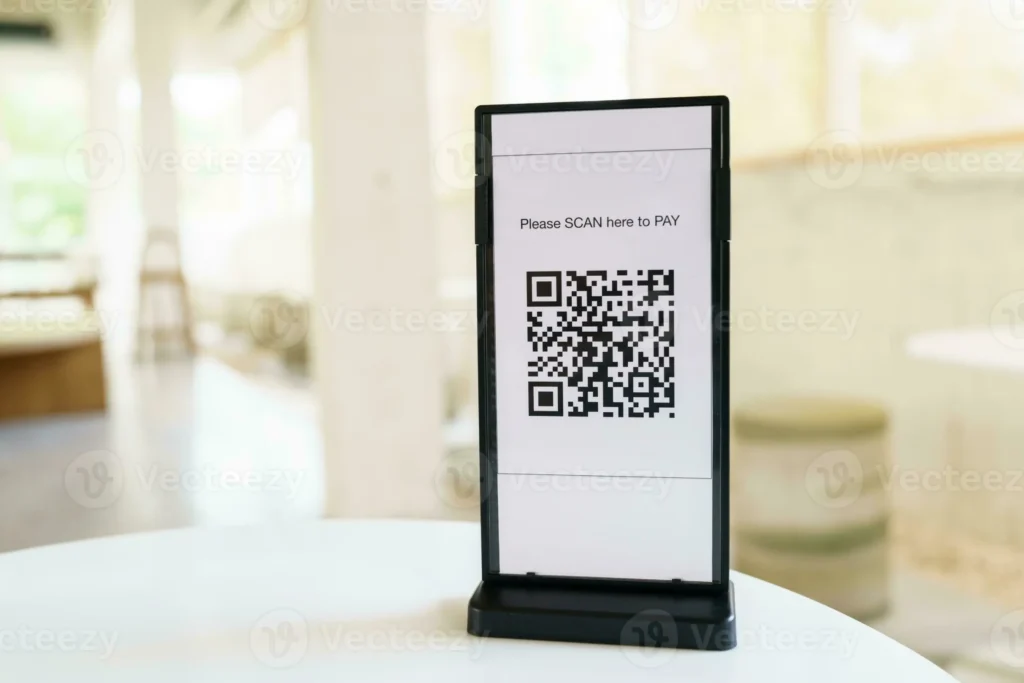
8. Who is actually using crypto in Thailand?
Primarily:
- Digital nomads
- Long-stay expats
- Tourists holding stablecoins
- Crypto traders spending gains
Locals still prefer PromptPay, bank transfers, or cash. So crypto is best offered as an additional payment option, not a replacement.
9. Is this just a trend—or is it here to stay?
It’s still early, but the signs suggest crypto is slowly becoming a real part of Thailand’s payment landscape, especially in tourism and lifestyle sectors.
If regulations stay friendly and demand keeps rising, more Thai businesses will likely follow. Whether it goes mainstream or stays niche depends on how useful it continues to be for customers—and how easy the government makes it for merchants.
10. Final Thoughts: Should you offer crypto payments?
If your business serves international customers, yes—it’s worth considering. The setup is relatively simple, and it might give you an edge. If your customer base is local and traditional, it might not bring much value—yet.
Crypto payments in Thailand are no longer hype. They’re real, working, and slowly finding their place in the country’s diverse business environment.
You don’t have to bet your whole business on it—but offering one more way to pay? That’s just smart planning in 2025.


